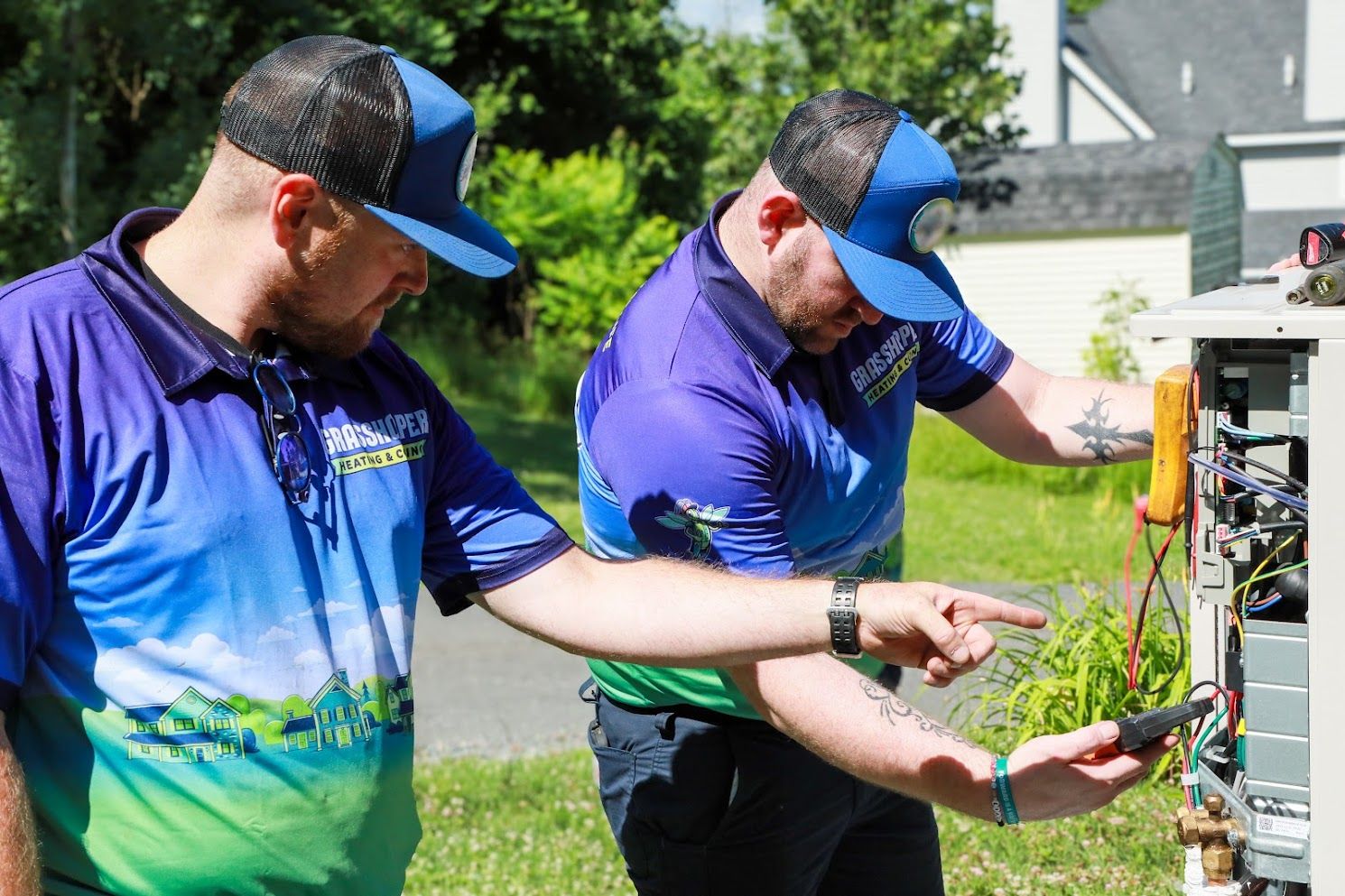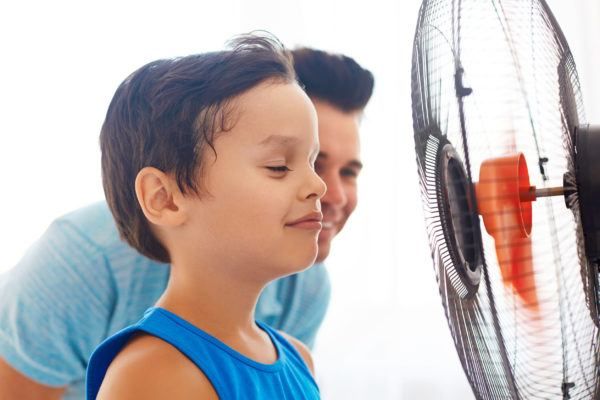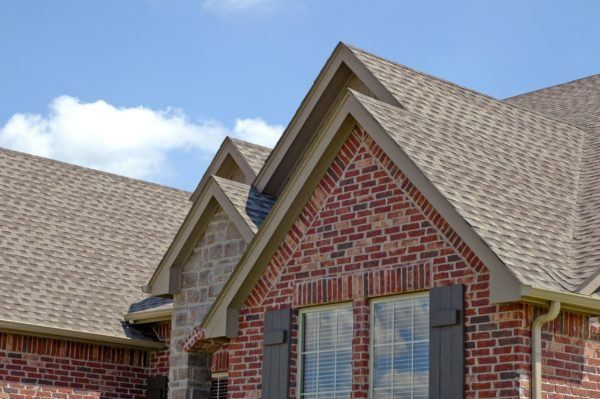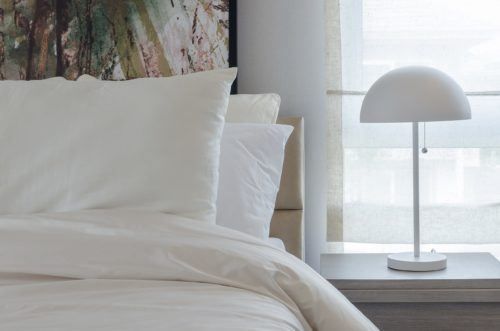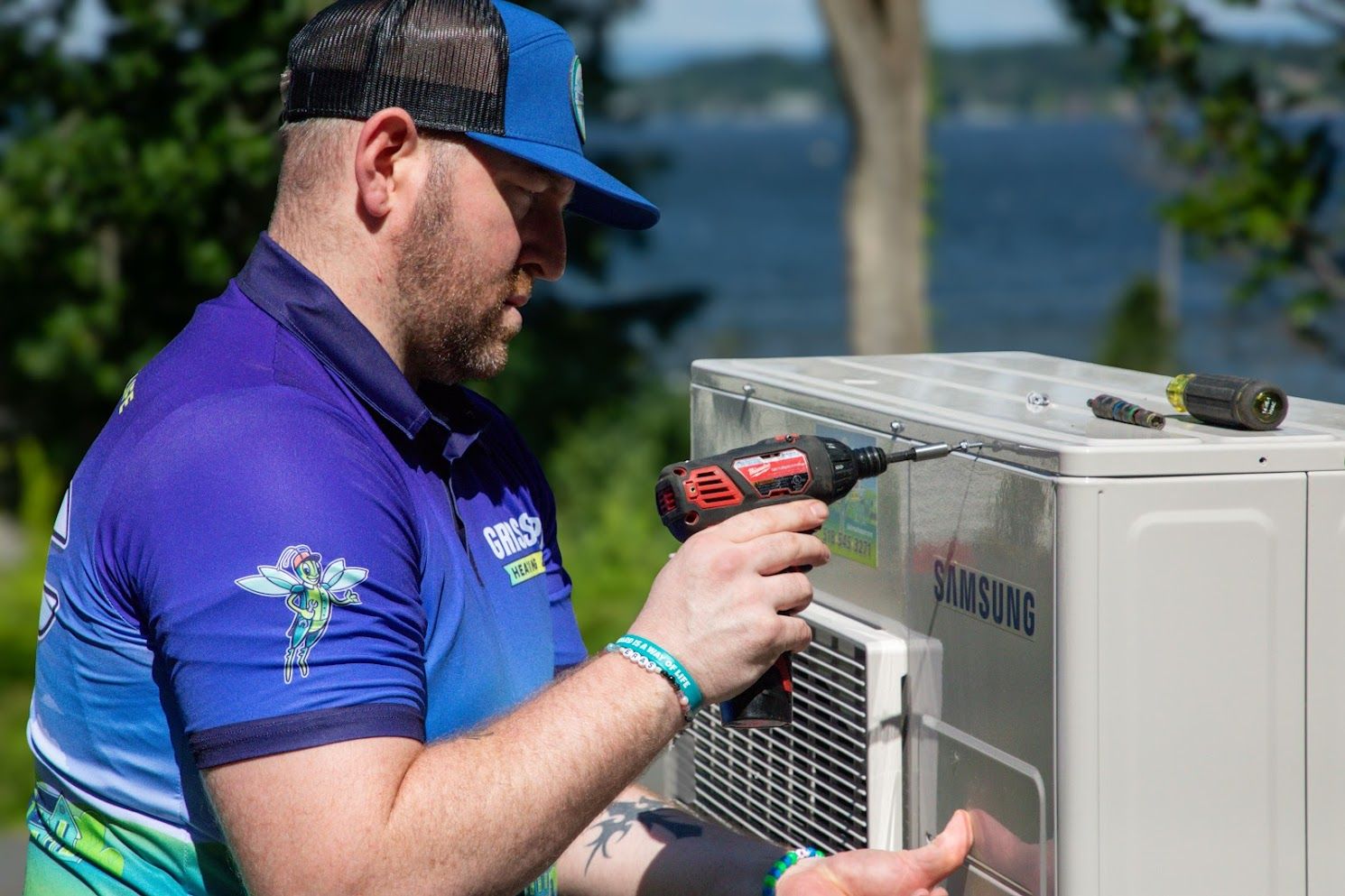Is It a Good Idea to Cover an HVAC System in the Winter?
An HVAC system is a big investment for any homeowner in Clifton Park, NY, and everywhere else, for that matter. That’s especially true when you consider that the average HVAC system might last anywhere between 10 and 25 years. So, it’s perfectly reasonable for homeowners to wonder if there’s anything they can do to have their HVAC end up at the top of that range. One of the things many homeowners ask us is if it’s worthwhile to cover their HVAC system in the winter. Here’s the answer.
How HVAC Systems Fare in the Winter
For many years, conventional wisdom held that covering your HVAC’s outdoor unit during the winter would protect it from the harsher elements. Even the US Department of Energy still advises homeowners to cover their outdoor HVAC units in the winter. In the old days, there was some logic to the notion. The components and metals used in older HVAC systems did tend to wear out from the effects of snow and ice.
Today, however, that’s no longer the case. Modern HVAC systems aren’t as susceptible to damage from ice and snow as they once were. Manufacturers design HVAC units to last, even in the harshest outdoor conditions. Therefore, there’s no reason to worry about covering your outdoor HVAC unit before winter sets in — at least not completely.
Cover Your HVAC the Right Way
The reason you don’t want to cover your outdoor HVAC unit completely is that doing so impedes airflow through the unit. It may also trap moisture on and around the unit’s metal components, ironically leading to the very wear and tear you’re trying to prevent. Also, trapped moisture can lead to the growth of mold on your HVAC’s coils. That’s not the kind of surprise you’d like to unwrap when spring rolls around.
If you want to cover your air conditioner’s outdoor unit, the best thing to do is purchase some plywood and cut it to match the top. Then, weigh it down with some bricks to keep it secure throughout the winter. Doing so will keep twigs, dirt, and debris from falling into the unit, which can do far more harm than snow. Plus, it will prevent you from having to clean those things out before using your HVAC the following season.
HVAC Maintenance You Should Do
Although covering your HVAC in the winter isn’t necessary, there are some things you should do to your HVAC when you’re done using it for the year. Before the temperature drops too low, use a garden hose to clean any accumulated dirt off the outdoor unit’s coils. Then, clean up the area around the outdoor unit to remove any debris or detritus that gathered there.
You should also change your HVAC filter, especially if your system provides heat in the winter. That will make sure you have fresh, clean air all winter long, or when summer comes again. It’s also a good idea to contact us at to schedule a maintenance visit if you haven’t had one in a while. Our expert technicians can let you know if there’s anything with your HVAC that needs attention and help you prepare it for the cold and the next cooling season.
And, although snow buildup won’t harm your HVAC, it’s not a bad idea to go out and brush off snow that piles up on your outdoor unit. That will do far more to protect your HVAC from harm in the winter than covering it ever could.
Contact the Cooling Experts
Now you know that covering your HVAC’s outdoor unit isn’t as important as you might have believed. And you know the right way to do it if you plan on covering it anyway. The most important takeaway, however, is that there are some specific maintenance items you can do to extend your HVAC system’s lifespan.
Also, can help you to keep your HVAC unit running well year after year. We’re a locally owned and operated HVAC company that offers complete heating, cooling, and air quality solutions to the greater Clifton Park area. Our NATE-certified technicians can service and maintain heating and cooling systems of all kinds, and we back up our work with our five-star customer service.
So, if you need help getting your HVAC ready for winter, contact today!

